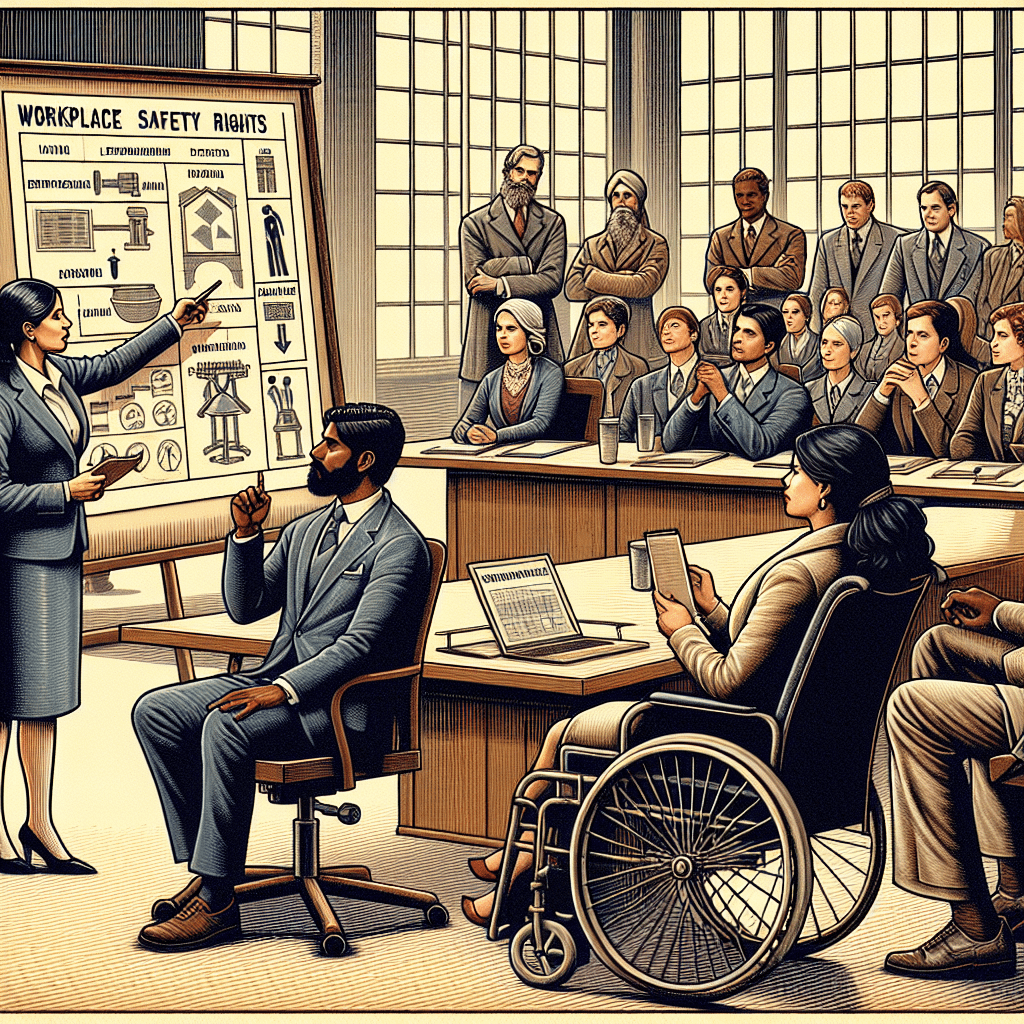Suffering an injury at work can be an overwhelming experience, but understanding your rights can help ease some of the stress. If you find yourself injured on the job in the United States, you are generally entitled to certain benefits and protections. Here’s a guide to help you navigate these rights and take the appropriate steps following a workplace injury.
Understanding Workers’ Compensation
In most cases, when you’re injured at work, you will be eligible for workers’ compensation. Workers’ compensation is a form of insurance paid by your employer that provides benefits to employees who suffer job-related injuries or illnesses. Here’s what it typically covers:
- Medical Expenses: This includes hospital visits, medications, and any necessary surgeries or treatments related to your injury.
- Disability Benefits: If your injury prevents you from working, you might be eligible for temporary or permanent disability benefits. These help compensate for lost wages during recovery.
- Vocational Rehabilitation: If your injury means you cannot return to your previous job, you may receive training for a new position.
- Death Benefits: In tragic instances where an employee dies from a work-related injury, the family may receive compensation.
Reporting and Filing for Workers’ Compensation
The first step after sustaining a workplace injury is to report the incident to your employer as soon as possible. Prompt reporting is crucial because timelines for filing workers’ compensation claims can vary by state and are often strict. Delays might jeopardize your ability to claim benefits.
Once reported, your employer should guide you through the process of filing a workers’ compensation claim. It may require visiting approved healthcare providers for your treatment. Keep detailed records of all medical evaluations and documentation related to the injury — it can be invaluable if there are any disputes about your claim.
What If Workers’ Compensation Is Denied?
Unfortunately, not every workers’ compensation claim is approved. Common reasons for denial might include:
- Disputes about whether the injury is work-related.
- Claims that the injury resulted from horseplay or other disallowed actions.
- Failure to report the injury within the required timeframe.
If your claim is denied, you have the right to appeal the decision. Each state has its appeal process, which might involve hearings or mediations. Seeking advice from a lawyer experienced in workers’ compensation can be beneficial in navigating this process.
Protection Against Retaliation
An essential right for injured workers is protection against retaliation. It’s illegal for an employer to fire, demote, or retaliate against you for filing a workers’ compensation claim. If you experience any form of retaliation, you should report it to your state’s labor department or seek legal counsel to protect your rights.
Additional Legal Avenues
While workers’ compensation generally covers most work-related injuries, there are circumstances where you might pursue additional legal actions. For example:
- Third-party Lawsuits: If someone other than your employer is responsible for your injury (such as a contractor or equipment manufacturer), you might have grounds to file a personal injury lawsuit.
- Intentional Harm: If an employer intentionally caused your harm, you might sue outside the workers’ compensation system.
Practical Tips if Injured at Work
- Know Your State’s Specific Laws: Workers’ compensation laws can differ significantly between states. Visiting your state’s labor department website can provide specific guidelines and timelines.
- Document Everything: From medical treatments to conversations with supervisors, maintaining detailed records will support your case.
- Communicate Clearly: Keep your employer informed about your medical condition and any work restrictions.
- Seek Legal Advice: If you’re unsure or running into obstacles, a consultation with a legal professional can clarify your rights and options.
Understanding your rights following a workplace injury can empower you to take the necessary steps for recovery and ensure you’re adequately compensated. Taking quick and informed actions can make a significant difference in the outcome of your case.








